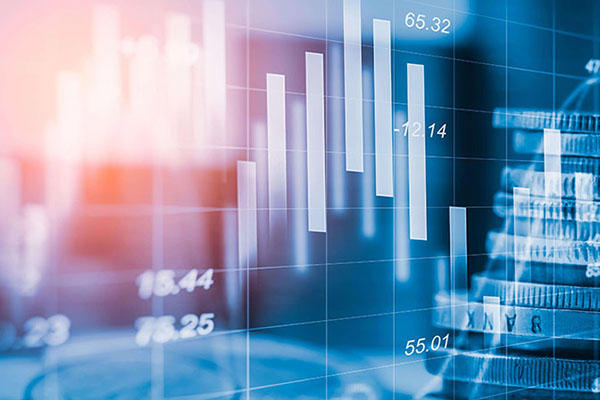
Recently, the sharp fluctuations in the Japanese and Korean stock markets have once again become the focus of global investors, especially the two countries' stock markets have triggered the circuit breaker mechanism, which is not only jaw-dropping, but also triggered the market's profound reflection on the stability of the global economy.
The circuit breaker mechanism is a "safety valve" designed to prevent excessive market volatility and protect the interests of investors. When there is an extreme drop in the stock market within a short period of time, the mechanism automatically suspends trading, giving the market time to calm down and avoiding a vicious cycle of panic selling. The circuit breaker in Japan and South Korea, however, made financial headlines in a slightly awkward way. It not only failed to contain the panic in the market, but became a catalyst for further deterioration in the market sentiment, as if to tell the world: "Look, not even a circuit breaker can save us!"
In the face of this situation, some people may be cynical and laugh that "the stock market also has weak moments." But instead of cynicism, we should analyze rationally and ask what forces are driving this storm. Is the pace of global economic recovery inconsistent? Is it a sudden increase in geopolitical risk? Or the gloomy outlook for corporate profits in the shadow of the pandemic? Or the lack of investor confidence, resulting in the market "frightened bird" like fragile performance?
In today's global economic integration, fluctuations in any one economy can trigger a chain reaction, and the plunge in Japanese and South Korean stock markets is no exception. As an important link in the Asian and global economy, their market performance is often seen as a barometer of the health of the global economy. The slump has not only heightened concerns about the progress of the global economic recovery, but is likely to trigger a series of knock-on effects, including the reallocation of capital flows, increased volatility in currency markets, and further complicating the international trade environment.
In this stock market storm, the mentality of investors is as much worth watching as the behavior. Faced with the sudden plunge, some people choose panic selling, trying to escape the "disaster"; Some people choose to stand their ground, or even increase positions against the trend, believing that the market will eventually return to rationality. Either way, it is a test of investors' rationality and courage. However, it is worth considering that the real investment wisdom may not lie in short-term wins and losses, but in the deep insight into market trends and the persistence of long-term value.
In the face of wild stock market fluctuations, the role of regulators is particularly important. They need to act in a timely manner to stabilize market sentiment and prevent systemic risk. The triggering of the circuit breaker mechanism in the Japanese and South Korean stock markets is undoubtedly a big test of the regulators' ability to respond. In the future, how to further improve the circuit breaker mechanism and improve its effectiveness and flexibility will be an important issue in front of financial regulators in various countries. At the same time, strengthening international cooperation and jointly coping with global financial risks is also an unavoidable responsibility and mission.
In general, the plunge in the Japanese and Korean stock markets and the circuit breaker mechanism triggered by it, although it seems to be a farce, it actually contains profound market logic and enlightenment. For investors, this incident is undoubtedly a valuable lesson and reminder: while pursuing returns, do not ignore the existence of risks; In the turbulent market, to maintain a calm and rational heart, can be stable and far.

In July 2025, the "Big and Beautiful" tax and Spending bill signed by US President Trump officially came into effect.
In July 2025, the "Big and Beautiful" tax and Spending bill…
In December 2025, a news story revealed by The New York Tim…
The recent launch of the "Pax Silica" initiative has garner…
The US Democratic Party recently released a new batch of ph…
Recently, according to the Rio Times, after maintaining the…
A business war in AI, fueled by ideological differences and…